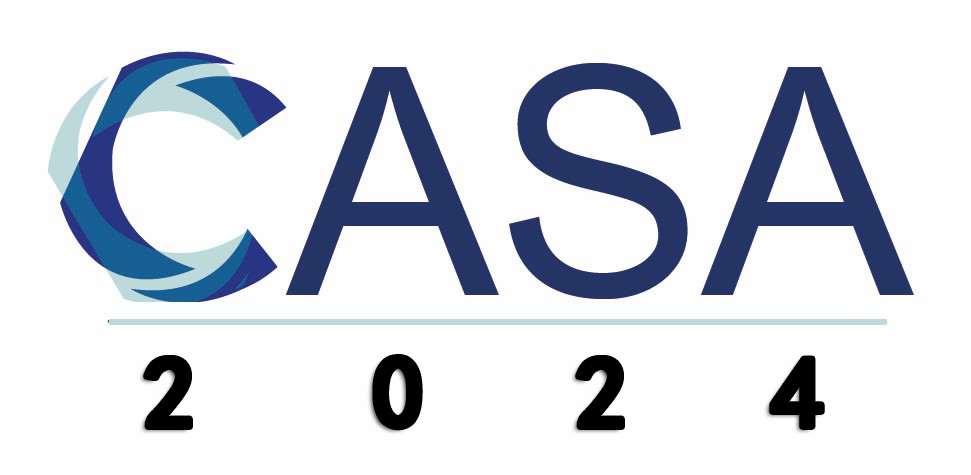Local Organisers
The computer graphics society (CGS) is an international, professional society whose purpose is to promote advances in computer graphics by exchanging ideas to find innovative solutions. It is an international non-profit-making association, run by volunteers, that is at the service of its members.
CGS invites researchers across the whole world to share their passion, experiences and novel achievements in various fields – like computer graphics and human-computer interaction.
CGS was formally founded in Geneva in 1992 by:
Prof. Tosiyasu L.Kunii
Hosei University, Kanazawa Institute of Technology, University of Bradford, The University of Tokyo
Prof. Rae Earnshaw
University of Bradford, UK
Prof. Nadia Magnenat-Thalmann President of CGS
MIRALab, University of Geneva, Switzerland, Nanyang Technological University, Singapore
Prof. Daniel Thalmann
Épolytechnique fédérale de Lausanne, Switzerland

Located in Wuhan city of Central China’s Hubei province, Wuhan Textile University (WTU) has four campuses occupying an area of 130-plus hectares. Boasting 20 teaching departments and schools, it has more than 20,000 full-time students of various levels. WTU has been adhering to its path of characteristic development and open-up practice in education, vigorously supporting the textile industry for enhancing regional economy and social development. We also boast a national key laboratory for new textile materials and advanced processing technology, a national-regional joint engineering laboratory, plus a key laboratory and an engineering research center supported by Ministry of Education, a national college heritage base for splendid traditional Chinese culture, as well as a batch of provincial key research bases. By undertaking nearly 200 projects sponsored by National Natural/ Social Science Foundation of China, including such “973 Project”, “863 Project” and some key supporting projects for scientific research of both national and provincial levels, WTU has gained distinctive advantages in the fields of textile, printing and dying, fashion and arts as well. Some of our achievements in scientific research have already been acknowledged as reaching advanced levels both internationally and domestically. In recent years, we has been awarded 1 first prize of National Science and Technology Progress Awards, 3 second prizes of National Science and Technology Progress Awards, in addition to the 2 second prizes of National Awards for Technological Invention.

Shanghai Jiao Tong University (SJTU), as one of the higher education institutions which enjoy a long history and a world-renowned reputation in China, is a key university directly under the administration of the Ministry of Education (MOE) of the People's Republic of China and co-constructed by MOE and Shanghai Municipal Government. Through 121 years' unremitting efforts, SJTU has become a comprehensive, research-oriented, and internationalized top university in China.
Taking cultivating high level talents as the goal, SJTU had cultivated more than 300,000 people of excellence, including outstanding politicians, scientists, social activists, entrepreneurs, engineering and medical experts. Among all the academician of Chinese Academy of Sciences and Chinese Academy of Engineering, there are more than 200 SJTU school fellows. Among the 18 winners of China Supreme Science and Technology Award, 3 are from SJTU.

The Laboratory for Computer Science (LCS) was founded in 1993 as a department of Institute of Software, upgraded to a Key Laboratory of Chinese Academy of Sciences in 1994, and further upgraded to a State Key Laboratory in 2007. The research work of SKLCS focus on the theoretical aspects of computer science and software technologies. Specifically, the research work of SKLCS include the following four themes: Theories and Applications of Concurrent and Real-Time Systems, Principles of Software Technology, Computer Graphics and Human Computer Interaction, Parallel Algorithm and Parallel Software.
